Blooms off Both North American Coasts
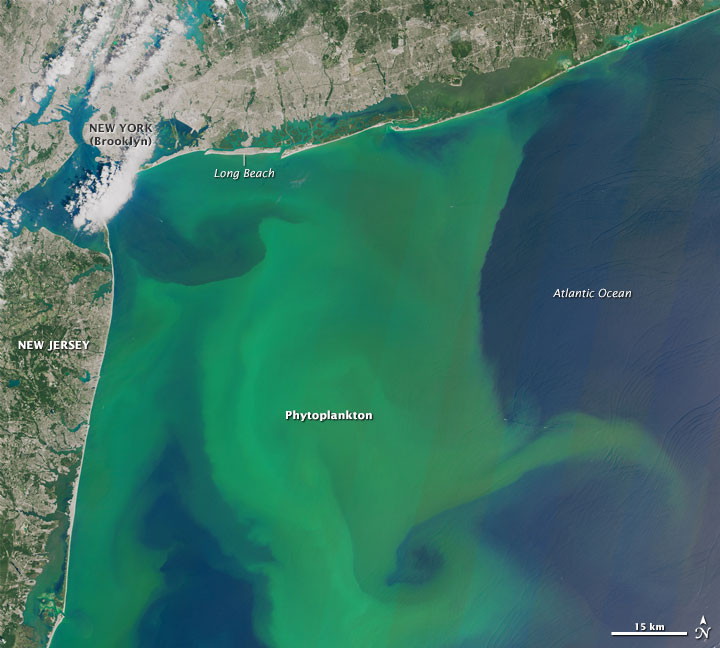
Phytoplankton are to the ocean what grasses and other ground cover are to land: the primary producers, the basic food source and carbon recycler for the rest of the environment. Algae and other forms of phytoplankton are floating, plant-like organisms that soak up sunshine, sponge up nutrients, and create their own food (energy).
My Generation Does Give a Damn About Climate Change, Says 14-year-old Activist

14-year-old activist explains why young people are not afraid to take on the fossil fuel industry.
Why Are Some Glaciers Blue?
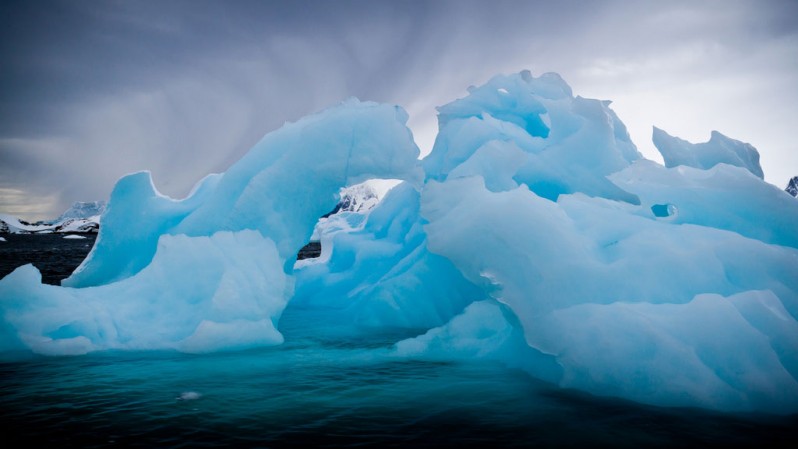
One of the most amazing sights in Antarctica is its stunning blue ice, rippling like a frozen sea. Antarctica is the only place on Earth with these incredible stretches of blue ice.
Love Building Sandcastles? This Guy Does It For A Living

MTV News spoke to the lead sand sculptor and master instructor at Beach Sand Sculptures company, at Hangout Music Festival, where him and his team were hard at work constructing a fancy sand sculpture — and getting paid to do it. Yep, that’s right, paid to hang out on a beach all day and play in the sand.
Rare Spanish Shipwreck From 17th Century Uncovered Off Panama
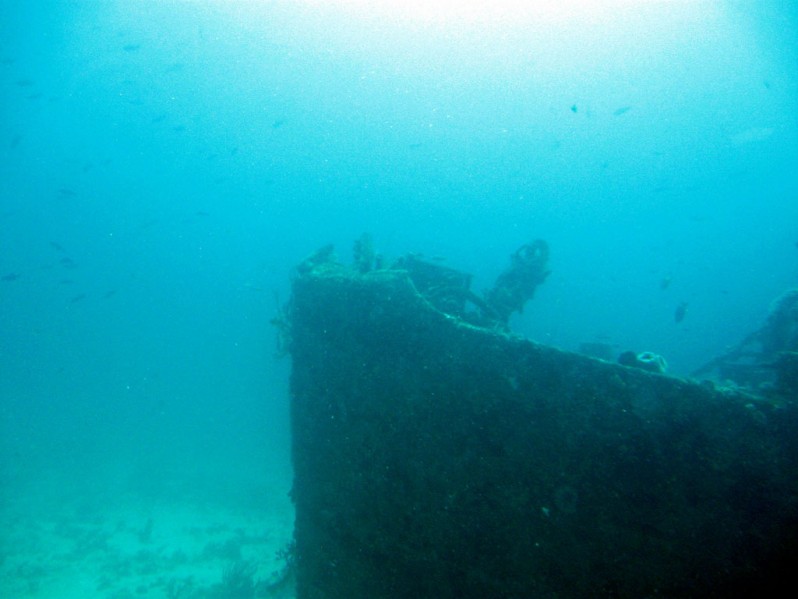
Archaeologists searching for real-life pirates of the Caribbean stumbled on a mysterious shipwreck in 2011. Now after years of historical detective work, they know what they discovered.
Aboriginal Knowledge Could Unlock Climate Solutions

Environmental and Indigenous groups are urging the government to create new partnerships with indigenous Australians in climate adaptation and mitigation policies and also to tap into indigenous knowledge of natural resource management. A number of indigenous communities live in low-lying areas near wetlands, estuaries and river systems, and have lived in harmony with the land for generations.
The Greenup of the Planet
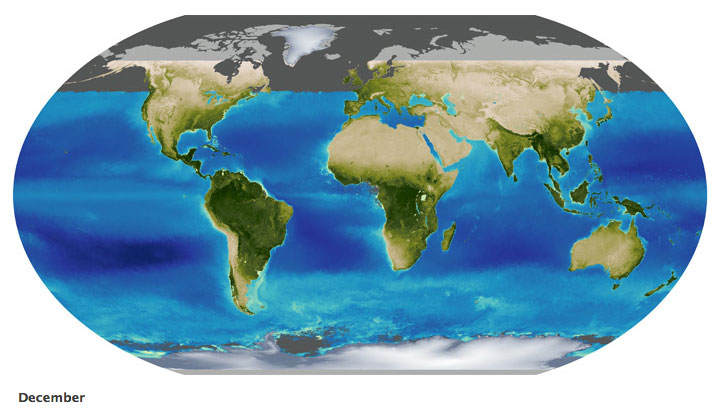
Primary producers — plant life and ocean phytoplankton — play an integral part of the Earth system; some would say that they drive the entire biosphere. Plants and plankton influence the composition of the atmosphere, play a part in the water cycle, and regulate ocean chemistry.
Gambia: Mangrove Regeneration and Coastal Erosion
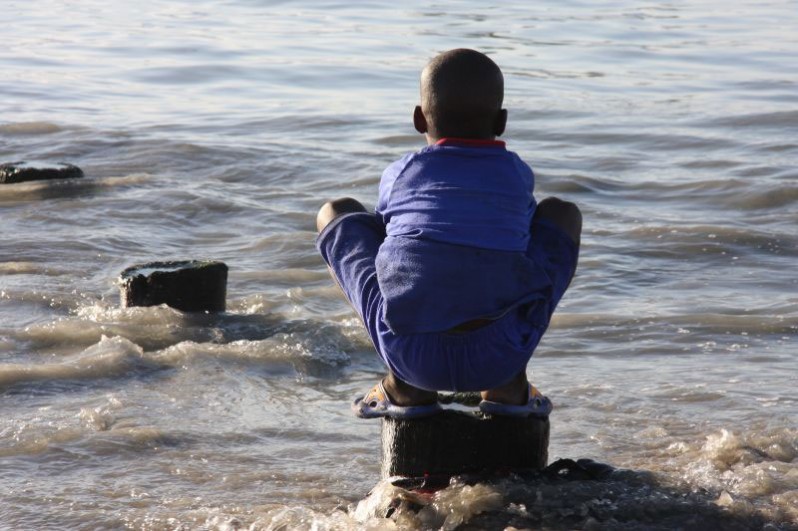
The West African Birds Association has trained 120 young people from 24 schools and organizations within Banjul, and West Coast regions, building the capacity of young people on the importance of mangroves and the dangers of coastal erosion.
Education is Key to Climate Adaptation
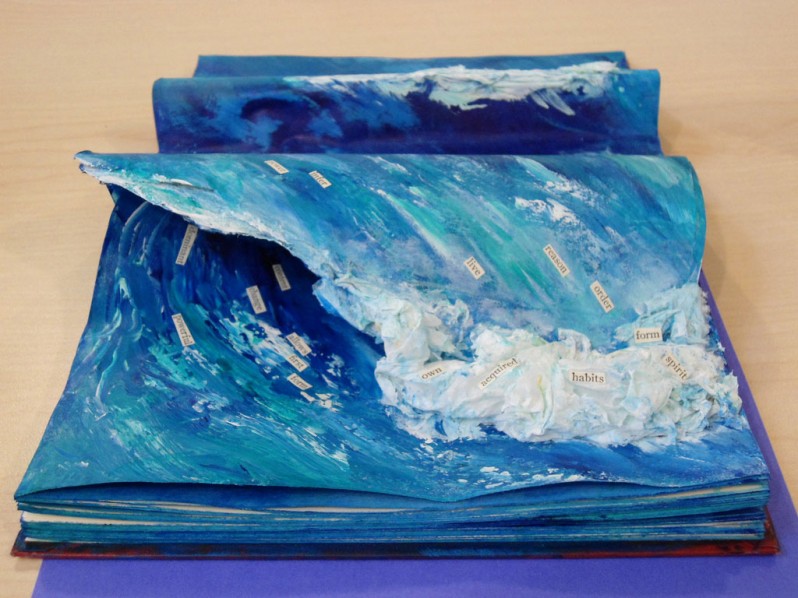
According to new research, education makes people less vulnerable to natural disasters such as floods, landslides, and storms that are expected to intensify with climate change.
